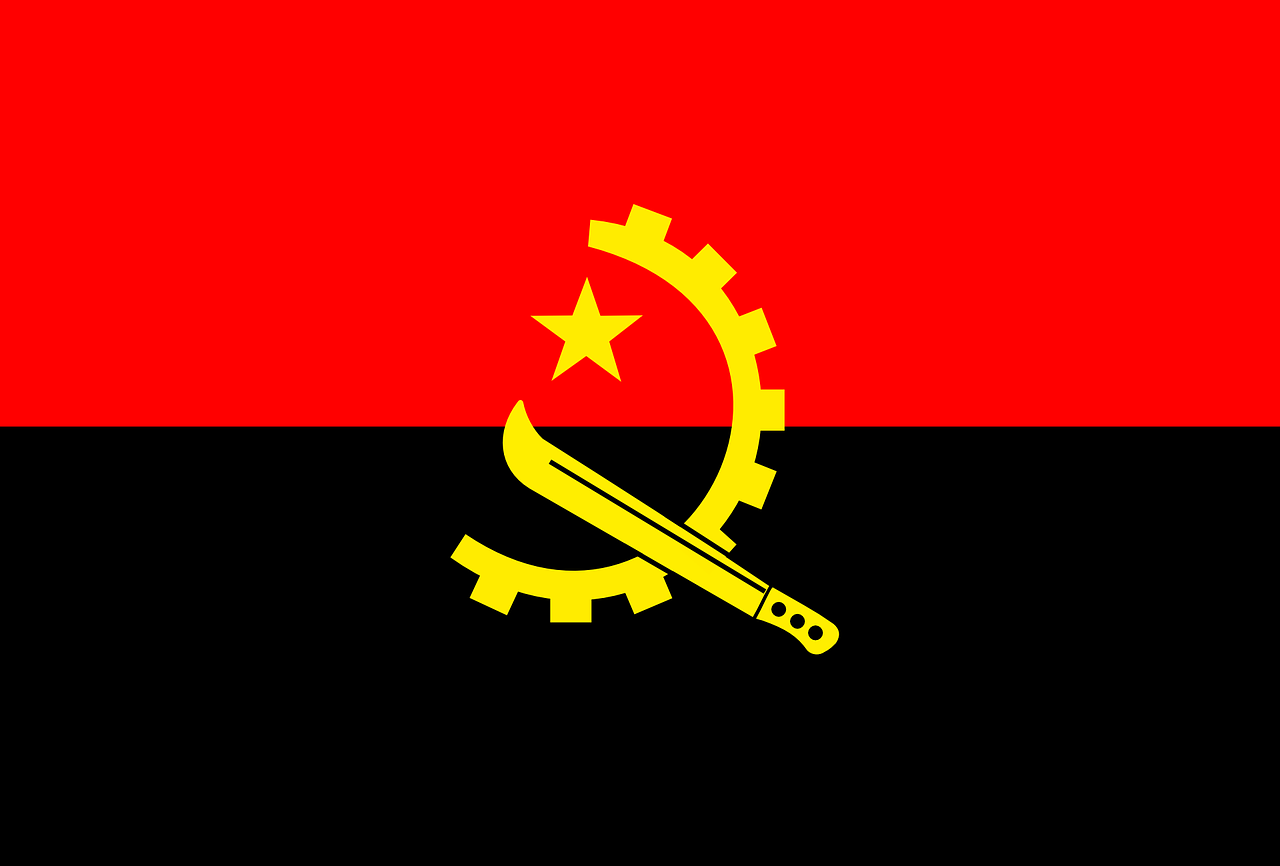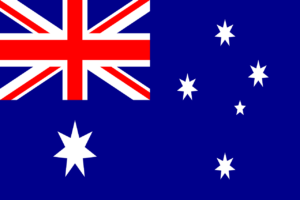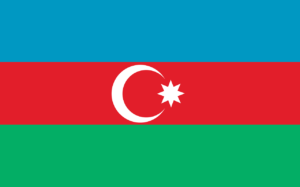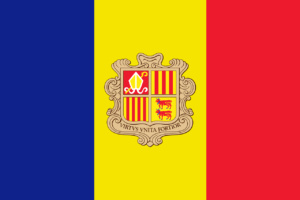Basic Facts
Capital
Luanda
Population
31,127,674
Area
Total 1,246,700 km2 (481,400 sq mi) (22nd) Water (%) negligible
Religion
93.4% Christianity —56.4% Roman Catholic —23.4% Protestant —13.6% Other Christian 4.5% Traditional faiths 1.1% Others 1.0% No religion
National Language
Kimbundu Umbundu Chokwe Kikongo
Official Language
Portuguese
Ethnic Groups
37% Ovimbundu 25% Ambundu 13% Bakongo 21% Other African 2% Mulatto (mixed European and African) 1% Chinese 1% European
Currency
Kwanza (AOA)
Time Zone
UTC+1 (WAT)
Date Format
dd/mm/yyyy
Driving Side
Right
Calling Code
+244
ISO 3166 Code
Ao
Internal TLD
ao
Demonyms
Angolan



